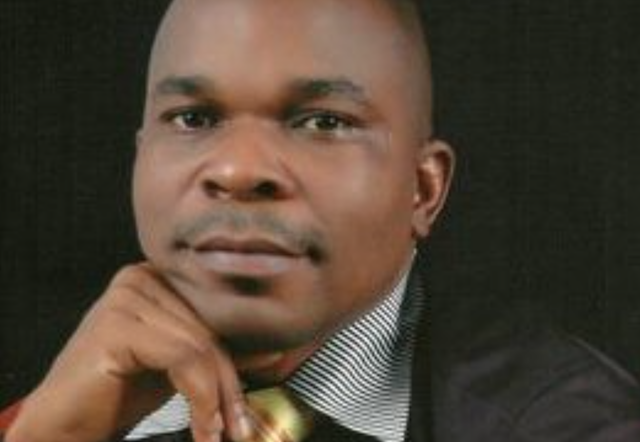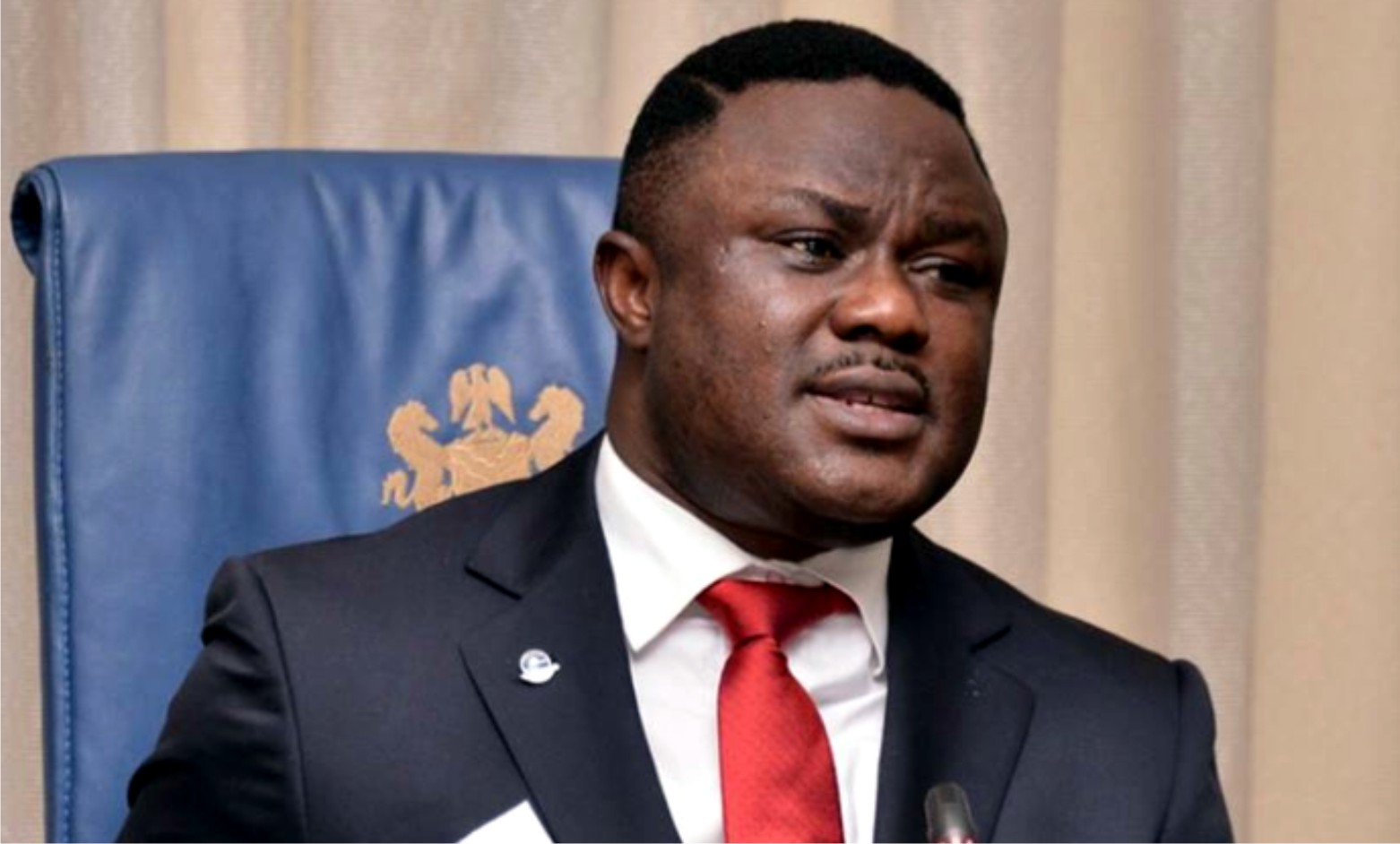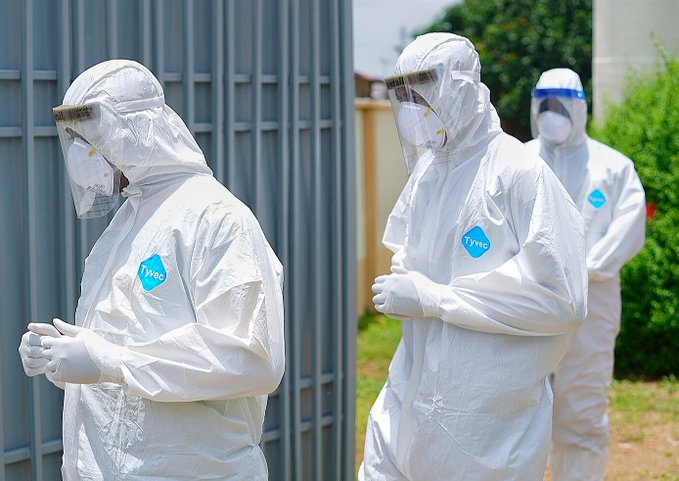By Owei Lakemfa
The world is cowed by COVID-19. But not tough Jair Messias Bolsonaro, former military officer and current Brazilian President. To him, the virus does not exist; it is a mere “fantasy” and media “trick” with which humanity is being duped to abandon traditional camaraderie for impersonal social or physical distancing.
But if there is the remotest possibility that the virus is real, he assured his fellow citizens that they are immune from it. He told them: “I think it’s even possible lots of people have already been infected in Brazil, a few weeks or months ago, and have already got the antibodies that help it not to proliferate”.
To the world he said: “They (Brazilians) never catch anything. You see some bloke jumping into the sewage, he gets out, has a dive, right? And nothing happens to him. ”The President said of himself: “In my particular case, with my history as an athlete, if I were infected with the virus, I would have no reason to worry, I would feel nothing, or it would be at most just a little flu.” As the virus spread and some Brazilian states decided to impose lockdowns, Bolsonaro encouraged citizens to resist, accusing the states of engaging in “scorched-earth policies”.
On March 20, he declared the lockdowns illegal, but the Supreme Court held that the states have the power to impose them. Bolsonaro then issued a Presidential Decree allowing gatherings in lottery stores and churches, designating them as essential services. But a Federal Court annulled the decree. The President also kicked against the closure of schools arguing that: “The risk group are people over 60 so why close schools?” He added: “Each family has to protect its elderly people, not to throw that responsibility to the state.”
Bolsonaro on March 19, met his mentor, President Donald Trump to cement their bond and express support for the United States’ attempts to overthrow the democratically elected President of Venezuela, Nicolas Maduro. When he returned, 24 members of his entourage tested positive to COVID-19 sending Trump and his senior aides to test themselves. However, this did not deter Bolsonaro from pressing with his disinformation. He even held a rally in which he mingled with the crowd shaking hands.
As the COVID-19 deaths soared, he said nonchalantly: “It’s raining. We’re going to get wet, and some are going to drown in the rain”. He accused authorities of Sao Paulo, the epicentre, of cooking up the casualty figures. But on Tuesday, April 28, with over 5,000 COVID-19 deaths, Bolsonaro set off a firestorm. Reporters asked him about the 474 deaths that day, and he responded in an insensitive 11-word sentence: “So what? I’m sorry. What do you want me to do?”
Brazilians are now calling for Bolsonaro to be impeached, but there is yet no consensus on the charges; will it be for endangering public health, attempting to turn Brazil into a republic of ‘So What’ or lunacy?
It is not surprising that Trump is not too far behind his mentee. As a ‘miracle’ worker, he had declared that the “Chinese virus” will “disappear”. He encouraged Americans in some states to defy the lockdowns. To him, the bottom line is money not the wellbeing of Americans. He recently topped his game by suggesting that Americans could cure COVID-19 by taking disinfectants. Just last week, he announced an earth-shaking discovery. No, not that he has found a cure or vaccine for the virus, but that the whole COVID-19 pandemic was unleashed on humanity just to ensure he is not re-elected!
President Anres Manuel Lopez Obrador of neighbouring Mexico also has scant regard for the virus and its devastating effects; as at two weeks ago, he was still holding political rallies, embracing supporters.
In Indonesia, some cabinet Ministers of the President Joko Widodo government were telling citizens there is nothing prayers cannot do, including clearing the Coronavirus. Others were assuring Indonesians that the warm weather would slow down infections.
In Israel, Prime Minister Benjamin Netanyahu in the name of battling COVID-19 assumed emergency powers which enabled him to shut down the courts that are about trying him for corruption. Philippines President Rodrigo Duterte and Hungarian Prime Minister, Victor Orban used the virus excuse to assume emergency powers, including, in the case of the latter, the power to impose five-year jail sentences for alleged false information.
In contrast to these, South African President Cyril Ramaphosa acted swiftly and sincerely to combat the virus; from March 15, he declared it a national disaster. Once the outbreak of COVID-19 was announced in China, the South Korean government of Moon Jae-in began acquiring text kits, medicines, masks and equipment needed to combat it. So, the country had already put itself in an offensive position before the first case surfaced. The youthful New Zealand Prime Minister, Jacinda Arden, 39, took tough measures from March 25, under a slogan: ‘Go Hard, Go Early’ enforcing a total lockdown.
Angela Merkel of Germany also put her country on war footing. On March 11, she warned her compatriots that all necessary measures must be taken as the virus may infect up to 70 per cent of the populace.
Madagascar President Andry Rajoelina put his faith and those of his fellow countrymen in a drink, Covic Organics, CVO, which he says has passed through trials and tests, indicating it eliminates the virus. If this turns out to be true, humanity will shout Halleluiah! Otherwise, many of those who put their faith in the drink may make early journeys to heaven.
Nigeria knew of the virus approach, but while the Lagos State Government under Governor Jide Sanwo-Olu took immediate and decisive steps, including putting together a formidable team handling health, information and palliative issues, the Federal Government was slow, especially in strict monitoring of the airports and stopping international flights. As it turned out, the first known active cases across the country were those who recently travelled from abroad. Even after shaking off its initial lethargy, it has failed so far, to bring the federating states into a team to collectively fight the virus. So, some governors, especially in the North, have been allowed to play ‘Ludo’ games with the lives of Nigerians.
Many employers across the universe are weighing more on the side of profit rather than the well- being of humans. They are busy carrying out mass sack and retrenchment. The war zones on earth are still quite active with the populace being cut down by human offensives, weapons and a merciless, unyielding and unforgiving virus.
At this quite crucial stage, the world is left leaderless with heads of some countries disregarding science, playing the role of quack doctors, faith healers, and placing the economy far above human lives.




